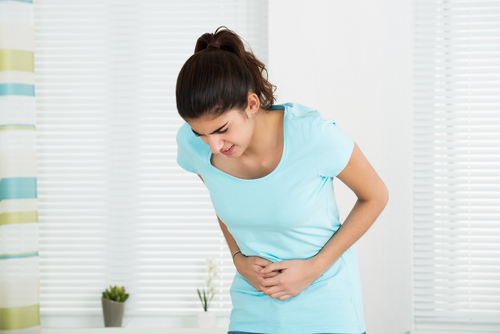When you have diarrhea and vomiting, you may say you have the “stomach flu.” What it’s really called is gastroenteritis. One can contract stomach flu by way of direct contact with a person who has it, or by ingesting contaminated food and water.
Healthy individuals can recover from gastroenteritis without complications, but for infants and for immunocompromised individuals, it can be deadly. There is no treatment for gastroenteritis, that is why prevention is best. Hygiene is also important in the prevention of this disease.
A number of viruses can cause gastroenteritis, including:
- Both children and adults are affected by noroviruses, the most common cause of foodborne illness worldwide.
- Worldwide, this is the most common cause of viral gastroenteritis in children, who are usually infected when they put their fingers or other objects contaminated with the virus into their mouths.
Some shellfish, especially raw or undercooked oysters, also can make you sick. Although contaminated drinking water is a cause of viral diarrhea, in many cases the virus is passed through the fecal-oral route — that is, someone with a virus handles food you eat without washing his or her hands after using the toilet.


